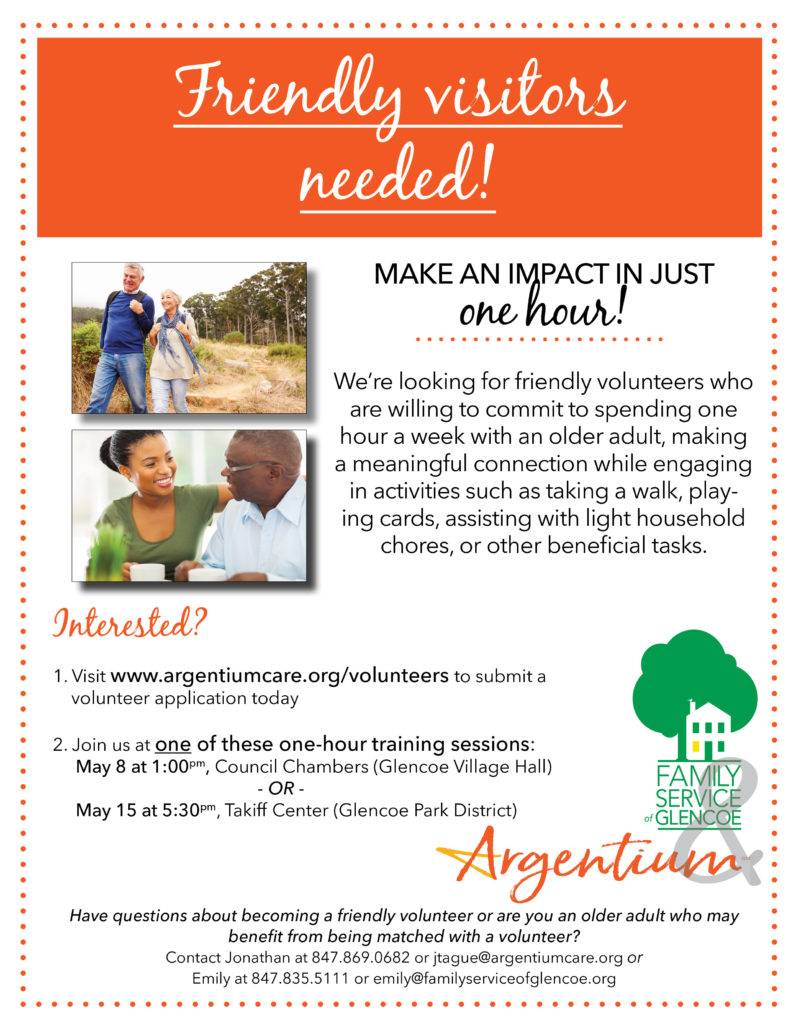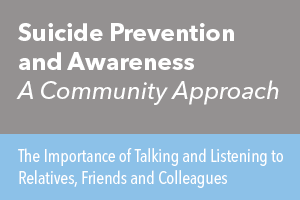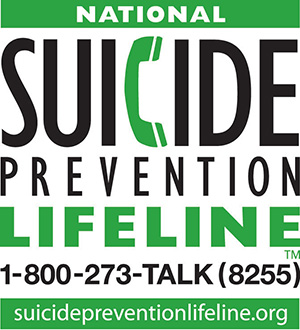Caring from afar: Strategies for supporting older adults during COVID 19
By Emily Mysel LCSW FSG Senior Program Manager
For many older adults during this pandemic, their ability to connect with the outside world has been limited. Over the past two months, older adults, who are residing in independent and assisted living communities and skilled nursing facilities, have had limited social interactions. They have only been able to have direct contact with staff, home health care aides, and other employees in order to protect the safety and well-being of their communities. These safety restrictions have been very difficult for families as they miss their loved ones and find it difficult to help from afar.
Here are some ways to reach out to your loved ones residing in communities:
Write letters and encourage your friends and family to write letters:
Share something on your social media account like “My mom/dad has been in quarantine since March and hasn’t stepped out of her/his apartment. If you have a few minutes and would consider sending a card or note with good wishes it may help to fill all those lonely hours.”
Speak to a staff member (i.e. activities coordinator, social worker) about helping your loved one Facetime or Zoom and discuss ways to incorporate it into their weekly schedule.
For many communities, staff are helping to set up and guide the older adult during the call or are teaching the older adult so he/she can learn to do it independently.
Send care packages of things your loved ones enjoy:
Activities: Sudoku, crossword puzzles, ad libs, word searches, adult coloring books
Food/Treats: hard candy, chocolate, pretzels, cookies
Reminiscing Activities: creating picture albums, music (cds)
Personal Hygiene and Essentials: lotion, hand sanitizer, soap, disinfectant wipes, towel papers, paper towels
Establish and coordinate weekly calls
There are volunteers and agencies that have established weekly calls to seniors. Argentium Senior Connections in Evanston is a weekly friendly call program. For more information contact: Mary Ellen Viskocil, Program Manager, at 847-869-0682.
Rotate between family members and assign them a day to call and check in with your loved one.
Visit outside:
Sit outside your loved one’s window (even if it’s just for 5 minutes).
Put signs outside the window so they have words of encouragement or pictures to look at.
Unfortunately, for some older adults living in communities, they are not able to participate in these activities and that’s why it’s even more essential to check in with the staff and get updates. Collaborate and find ways that you can provide the opportunity be part of your loved one’s life from a distance.
If you have a loved one who resides in a community or an older adult who lives at home and need recommendations and/or support, please contact Emily Mysel, LCSW, Senior Program Manager at 847-835-5111

Emily’s sons visiting their great-grandparents at their independent living community in Wilmette.










 Caregiving comes in all shapes and sizes. It does not discriminate and can occur during any point of someone’s life. I have observed both my maternal and paternal grandmothers become primary caregivers for each of my grandfathers. As one grandmother learned about the course of Multiple Sclerosis and how to navigate caregiving responsibilities while raising three young children, my other grandmother became a caregiver in her 80’s and provided care for my grandfather who was impacted by Alzheimer’s Disease while she herself was dealing with severe medical issues. Each grandmother dealt with a variety of challenges that greatly affected their lives, the lives of their husbands and their families. They both emotionally struggled through the journey of caregiving, often feeling overwhelmed, scared, and alone. Each were unaware of how becoming a full-time caregiver would affect their emotional, mental, and physical health and felt that asking for help would exhibit failure.
Caregiving comes in all shapes and sizes. It does not discriminate and can occur during any point of someone’s life. I have observed both my maternal and paternal grandmothers become primary caregivers for each of my grandfathers. As one grandmother learned about the course of Multiple Sclerosis and how to navigate caregiving responsibilities while raising three young children, my other grandmother became a caregiver in her 80’s and provided care for my grandfather who was impacted by Alzheimer’s Disease while she herself was dealing with severe medical issues. Each grandmother dealt with a variety of challenges that greatly affected their lives, the lives of their husbands and their families. They both emotionally struggled through the journey of caregiving, often feeling overwhelmed, scared, and alone. Each were unaware of how becoming a full-time caregiver would affect their emotional, mental, and physical health and felt that asking for help would exhibit failure. Kathy Livingston, LCSW, MAT, has served as a therapist with FSG since 2013. As a therapist who has worked with adults and children for 20 years, Kathy supports the psychological needs facing adults, parents, families, and children in our community. Her clinical focus is helping individuals with depression, anxiety, trauma, and grief. Kathy helps children and parents navigate through the divorce process, blended families, and other life transitions. Additionally, she offers parents support when faced with the challenges of child rearing in today’s world and supports families in creating stronger attachments and communication. Prior to coming to FSG, Kathy worked in hospital, school, and private settings as a therapist and an educator. She holds a master’s degree in social work from the University of Chicago, and a master’s degree in teaching from National-Louis University, with Illinois state certification in early childhood education.
Kathy Livingston, LCSW, MAT, has served as a therapist with FSG since 2013. As a therapist who has worked with adults and children for 20 years, Kathy supports the psychological needs facing adults, parents, families, and children in our community. Her clinical focus is helping individuals with depression, anxiety, trauma, and grief. Kathy helps children and parents navigate through the divorce process, blended families, and other life transitions. Additionally, she offers parents support when faced with the challenges of child rearing in today’s world and supports families in creating stronger attachments and communication. Prior to coming to FSG, Kathy worked in hospital, school, and private settings as a therapist and an educator. She holds a master’s degree in social work from the University of Chicago, and a master’s degree in teaching from National-Louis University, with Illinois state certification in early childhood education. Joshua Annex, LCSW, CADC, joins FSG as a therapist. He is a Certified Drug and Alcohol Counselor helping clients who wish to moderate or eliminate their relationship with drugs and alcohol. Josh also works extensively with relationship issues and often counsels couples who are looking to make positive changes in their relationships or requiring help to separate more amicably so as not to negatively impact their children. He also spends time with clients seeking career and life changes who currently feel “stuck” in their present circumstances. Josh is a graduate of Loyola University’s social work program working with clients grappling with substance abuse disorders and associated trauma. He spent a year at the VA’s mental health clinic counseling veterans with symptoms of PTSD due to combat situations overseas. Josh also has a private practice in the Lakeview area of Chicago.
Joshua Annex, LCSW, CADC, joins FSG as a therapist. He is a Certified Drug and Alcohol Counselor helping clients who wish to moderate or eliminate their relationship with drugs and alcohol. Josh also works extensively with relationship issues and often counsels couples who are looking to make positive changes in their relationships or requiring help to separate more amicably so as not to negatively impact their children. He also spends time with clients seeking career and life changes who currently feel “stuck” in their present circumstances. Josh is a graduate of Loyola University’s social work program working with clients grappling with substance abuse disorders and associated trauma. He spent a year at the VA’s mental health clinic counseling veterans with symptoms of PTSD due to combat situations overseas. Josh also has a private practice in the Lakeview area of Chicago. Emily Mysel, LCSW, is FSG’s new senior program case manager. She has a bachelor’s degree in psychology from Miami University of Ohio and holds a Master of Social Work degree from University of Illinois at Chicago-Jane Addams College of Social Work, with a concentration in community health and urban development. Emily has worked with older adults and their families for the past 13 years. Her clinical expertise includes educating clients and their families on the complexities of Alzheimer’s Disease and Related Dementia and providing support and referrals throughout their aging journey. Emily has vast experience in bereavement and end of life support, community outreach, and facilitating support groups. Emily’s passion for her work, combined with a commitment to providing older adults and their families the respect, compassion, and dignity they so deserve, is founded in her enduring love for her grandparents.
Emily Mysel, LCSW, is FSG’s new senior program case manager. She has a bachelor’s degree in psychology from Miami University of Ohio and holds a Master of Social Work degree from University of Illinois at Chicago-Jane Addams College of Social Work, with a concentration in community health and urban development. Emily has worked with older adults and their families for the past 13 years. Her clinical expertise includes educating clients and their families on the complexities of Alzheimer’s Disease and Related Dementia and providing support and referrals throughout their aging journey. Emily has vast experience in bereavement and end of life support, community outreach, and facilitating support groups. Emily’s passion for her work, combined with a commitment to providing older adults and their families the respect, compassion, and dignity they so deserve, is founded in her enduring love for her grandparents.